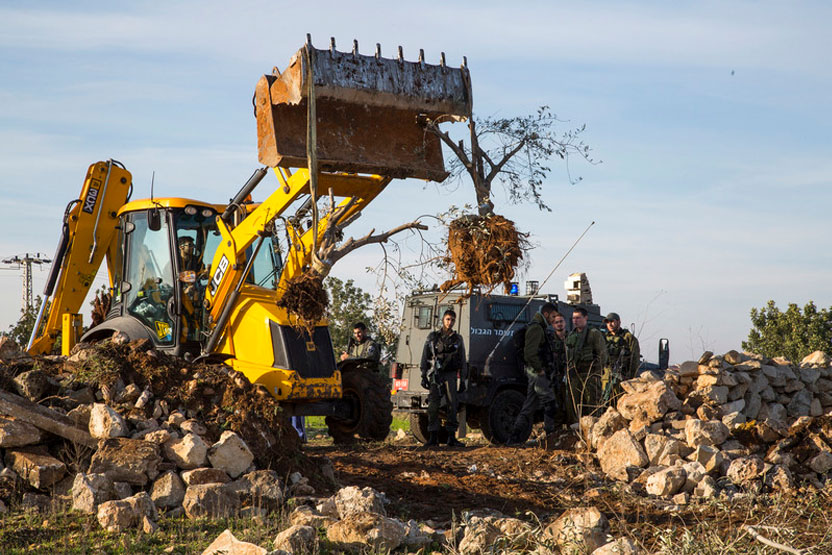
In a landmark decision that could reshape the future of environmental law, governments attending the World Conservation Congress of the International Union for Conservation of Nature (IUCN) have officially supported the recognition of ecocide as a serious crime. The motion, adopted last week in Abu Dhabi, strengthens growing international efforts to criminalize large-scale environmental destruction alongside crimes such as genocide and crimes against humanity.
The IUCN Congress, the world’s largest gathering on nature conservation—bringing together over 1,400 member organizations including governments, UN agencies, Indigenous groups and NGOs—adopted Motion 061: “Recognising the crime of ecocide to protect nature” with resounding majority support.
Ecocide is broadly defined as severe and widespread destruction of ecosystems caused by human action. The motion calls on all states to integrate ecocide into both national criminal legislation and international law. Crucially, it urges states party to the Rome Statute of the International Criminal Court (ICC) to evaluate an amendment that would add ecocide as a fifth core international crime, prosecutable even in peacetime.
“The direction of travel is clear. Ecocide law is rapidly moving from moral imperative to shared legal priority,” said Jojo Mehta, CEO and co-founder of Stop Ecocide International, following the vote.
Legal Recognition Gathers Global Momentum
Although the concept of ecocide has circulated for decades, legal advances have accelerated sharply in recent years. In 2023, Belgium became the first EU country to enshrine ecocide in its penal code, and Kyrgyzstan’s Criminal Code already prohibits acts capable of causing an “ecological catastrophe.” The new IUCN motion explicitly commends such national efforts and calls on other governments to follow suit.
Currently, international law offers only partial protection against environmental devastation: Article 8(2)(b)(iv) of the Rome Statute prohibits damage to the environment only during wartime and only if "clearly excessive" relative to military advantage. The new motion asserts that such narrow provisions are insufficient given escalating climate damage, deforestation, pollution disasters and biodiversity collapse linked to human activity.
Pacific Island Nations Lead Diplomatic Push
Motion 061 was co-sponsored by Vanuatu, a Pacific Island nation on the frontlines of climate change. Vanuatu has also led an official proposal—supported by Fiji, Samoa and the Democratic Republic of Congo—to include ecocide in the ICC Statute.
“This is no longer a symbolic debate,” said a delegate from Vanuatu. “Ecocide destroys lives, cultures, and entire ecosystems. The international community must act.”
The ecocide debate now moves to the 7th United Nations Environment Assembly (UNEA-7) scheduled this December in Nairobi, Kenya—the world’s highest forum for environmental governance. Vanuatu and several allied states have already submitted a resolution titled “Recognising the Crime of Ecocide to Address Environmental Destruction and Climate Harm.” Observers say support within UNEA is growing.
“Momentum is converging—Europe, Africa, Pacific states, civil society and now the IUCN,” added Jojo Mehta. “This is becoming a coordinated global movement.”
A Turning Point for Planetary Justice?
While IUCN resolutions are not legally binding, they are considered highly influential in shaping national legislation and UN environmental policy. Environmental lawyers say the Abu Dhabi decision marks one of the strongest institutional calls yet for criminal accountability for large-scale environmental harm.
If recognized by the ICC, ecocide could hold corporate executives, military leaders and government officials personally accountable for environmental destruction—something many activists call “a missing piece of international law.”
As climate breakdown accelerates and environmental crimes multiply, the message from Abu Dhabi was unmistakable: the world is closer than ever to making ecocide punishable by law.


Comment